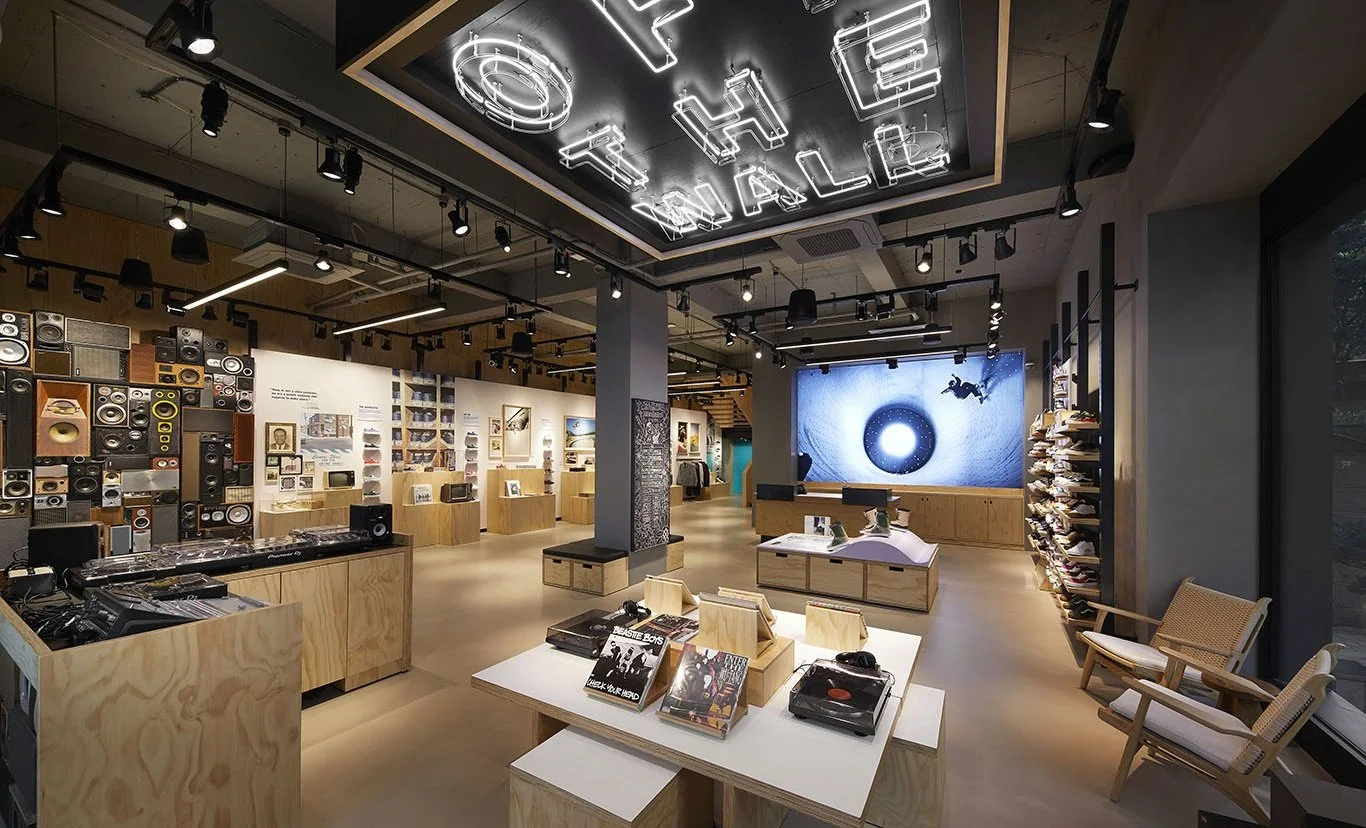THE EVOLUTION OF RETAIL.
In an era dominated by e-commerce giants and technological advancements, the role of physical retail has been significantly challenged. Traditional brick-and-mortar stores are faced with the need to evolve and adapt to meet the changing needs and expectations of modern consumers. While the rise of online shopping has reshaped the retail landscape, there are still significant opportunities for physical retailers to thrive by embracing innovation, enhancing the shopping experience, and leveraging the advantages unique to their format.
Embrace Omnichannel Integration:
One of the key strategies for the evolution of physical retail lies in embracing omnichannel integration. This approach involves creating a seamless shopping experience across various channels, including in-store, online, and mobile platforms. Physical retailers should invest in robust e-commerce platforms that complement their brick-and-mortar stores. By offering a unified experience, they can leverage the convenience of online shopping while preserving the sensory and tactile aspects of in-store shopping.
Leverage Technology:
Technology is a powerful tool that physical retailers must leverage to enhance the shopping experience. Implementing smart solutions like augmented reality (AR) and virtual reality (VR) can transform the way customers interact with products. By allowing customers to virtually try on clothes or visualise furniture in their homes, retailers can provide a more immersive and personalised experience. Additionally, technologies such as mobile apps, digital signage, and smart shelves can provide real-time product information, personalised recommendations, and efficient checkouts.
Create Engaging Experiences:
To entice customers back into physical stores, retailers need to focus on creating engaging experiences that go beyond mere transactions. Stores should be designed as social spaces that foster community engagement, events, and workshops. Retailers can collaborate with local artisans, host product demonstrations, or offer interactive experiences that allow customers to learn, connect, and share their passions. The goal is to transform the store into a destination that offers more than just a place to buy products.
Personalisation and Customer Data:
Physical retailers can leverage customer data to provide personalised experiences tailored to individual preferences. By using data analytics, retailers can gain insights into customers' shopping habits, preferences, and purchase history. This information can be used to offer personalised recommendations, customised promotions, and targeted marketing campaigns. Additionally, interactive technologies like RFID tags and beacons can enable real-time tracking and personalised offers while customers are in-store.
Focus on Customer Service:
In a digital world, exceptional customer service becomes even more crucial for physical retailers. Well-trained and knowledgeable staff who can provide personalised assistance and recommendations create a unique value proposition that online retailers struggle to match. Retailers should invest in training their employees to become brand ambassadors who can provide an exceptional shopping experience. Moreover, offering convenient services such as buy online, pick up in-store (BOPIS) or hassle-free returns can further enhance customer satisfaction.
SUMMARY:
The evolution of physical retail is essential for its survival and continued success in the digital age. By embracing omnichannel integration, leveraging technology, creating engaging experiences, personalising interactions, and focusing on customer service, physical retailers can remain competitive and offer unique value propositions that online retailers cannot replicate. The key lies in embracing change, harnessing technology, and reimagining the role of physical stores as hubs of innovation, community, and immersive experiences. With the right strategies, physical retail can thrive and coexist harmoniously with its digital counterparts, catering to the diverse needs and preferences of modern consumers.


